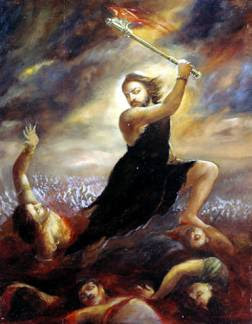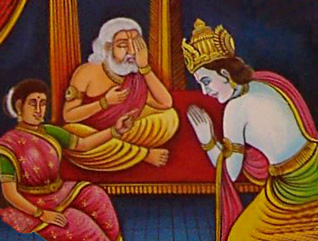amorphous_constellation
Well-Known Member
And that's something that can be compared across the board obviously. I'm just interested if there are any sayings/wisdom or ways in which your religion perceives familial order. Like for instance, I am one of three brothers. I don't know, not to sound too 'occult' about it, but I kind of think we are like three faces of the same man. Like we all have three separate personalities, but they form a whole or something like that. I don't know. Then there is the father and the son deal. My dad for instance is intelligent in ways opposite of me! I still feel that I don't totally grasp how he thinks, yet we are both somehow 'cut from the same stone.' Or I am cut from the stone that he his, I don't exactly know how to put it, but how then can our personalities then be so alien to each other in a sense? Maybe these are 'psychology' questions more so than religious ones, but I thought that religion, which sometimes also sees the 'hidden' connections between things might shed some light.



